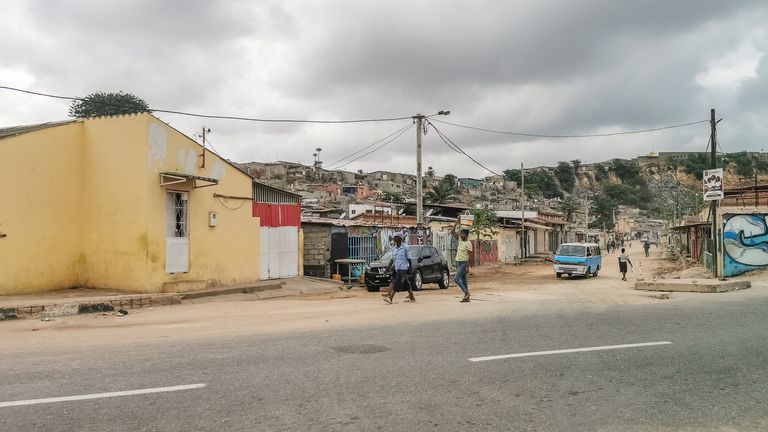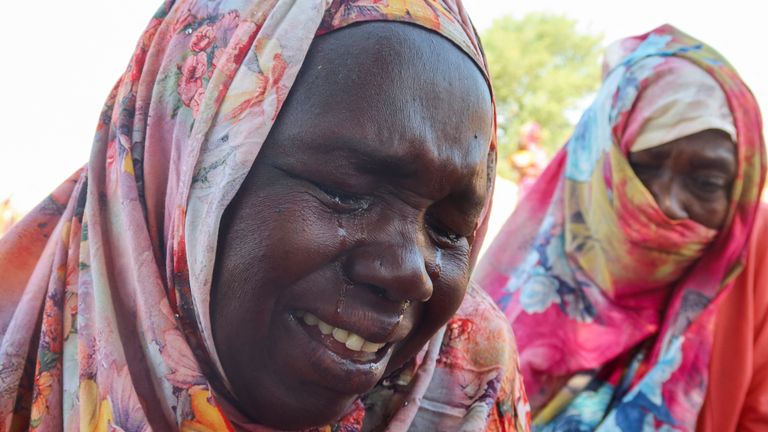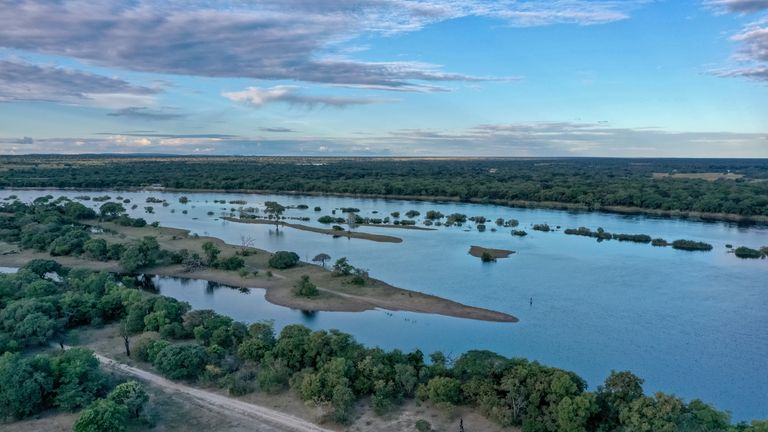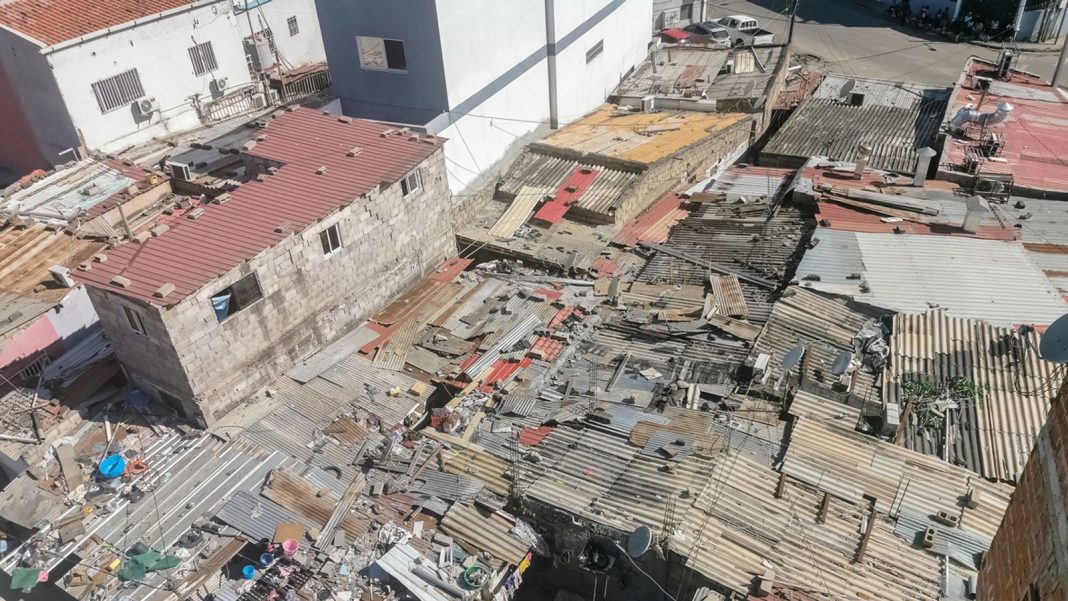All 10 of the most underreported humanitarian crises of 2023 are in Africa, according to a new report by CARE International.
The year was bookmarked by two major wars that captured the world’s attention.
It started with Russian drone strikes on the Ukrainian capital Kyiv and ended with Israel’s lethal bombardment of the Gaza strip.
In between – earthquakes, floods, capsized migrant boats, Sahelian military coups, the outbreak of the brutal ongoing conflict in Sudan and escalation of violence in eastern DRC (Democratic Republic of the Congo) held the global gaze for a fleeting moment before audiences moved on.
But some crises barely made a mark.
A new report from CARE International lists the most underreported humanitarian crises in the world for the eighth year, based on media analysis of news articles in English, Arabic, French, German and Spanish.
For the second year running, every country on the list is on the African continent.
Zimbabwe is one of the countries on the list. Pic: AP
Angola, Zambia, Burundi, Senegal, Mauritania, Central African Republic, Cameroon, Burkina Faso, Uganda and Zimbabwe – all suffering in silence.
The country topping the list, Angola, has 7.8 million people in need of humanitarian assistance.

Angola tops the list
Landmines from a decades-long civil war in the southwestern nation from 1975 till 2002 have injured more than 85,000 people and killed thousands – forcing them out of rural areas and into cities.
Droughts and flash floods have destroyed agricultural harvest and economic development, propelling food insecurity and malnutrition.
Please use Chrome browser for a more accessible video player

3:58
Surge in ethnic killings in Darfur
In spite of this protracted suffering, the report details that Angola only received 1,049 media mentions in 2023 and compares it with the 273,421 articles written about the new iPhone 15.
While the world looks elsewhere, climate change is entrenching the already deep-rooted developmental issues on the continent.

Flash floods affect Zambia regularly. File pic
At number two, Zambia has consistently been at the top of CARE’s list of neglected crises suffering from increasingly intense cycles of flash floods and drought that have dried out soils and pushed 1.35 million Zambians into food insecurity.
Now, the worst is looming over Zambia. A cholera outbreak that has already claimed at least 222 lives and is spreading rapidly.
Read more:
Before and after pictures show devastation of Libya floods
What is happening in Gabon and who is Ali Bongo?
Hunger and neglect are also ravaging the small east African country Burundi – which has one of the highest malnutrition rates in the world – as well as Senegal.
Both countries have featured in news reporting on the ongoing global migrant crisis as 10 Burundian handball players escaped the under-19s World Cup in Croatia to seek asylum and a Senegalese migrant boat capsized off the Gambian coast on its way to Europe.
But there has been little to no coverage of the adverse conditions that forced these people out of their countries – with Burundi and Senegal placed third and fourth on the list, respectively.
“These slow-burn crises typically attract less media attention than sudden onset emergencies due to conflict or other disasters,” says Dr Deepmala Mahla, CARE’s global humanitarian director.
“We must not forget that hunger is almost always man-made. Conflicts, economic shocks, extreme weather, poverty, and inequality are key drivers.
“To save lives, we need more attention and sufficient funding for humanitarian aid. Last year, only 35% of the required financial resources were provided for humanitarian aid, which is definitely not enough.”







